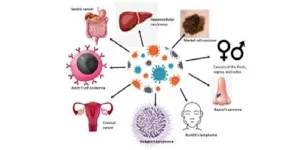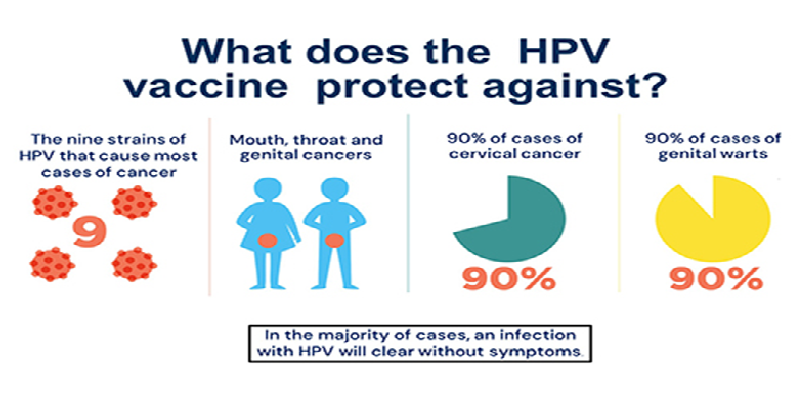Cervical cancer is a significant health concern affecting women worldwide, and vaccination stands as a powerful preventive measure against this potentially life-threatening disease. While the discussions around cervical cancer and vaccination often center on married women, it is crucial to recognize the importance of vaccinating unmarried women. This article aims to shed light on why unmarried women should consider getting vaccinated against cervical cancer and how it can contribute to their long-term well-being.

Understanding Cervical Cancer:
Cervical cancer primarily stems from persistent infections with high-risk types of human papillomavirus (HPV). HPV is a common virus that can be transmitted through sexual contact.
Cervical cancer often develops slowly, starting with precancerous changes in the cells lining the cervix. Vaccination against specific HPV types can significantly reduce the risk of developing cervical cancer.
The Role of HPV Vaccination:
HPV vaccines, such as Gardasil 9 and Cervarix, have proven highly effective in preventing infection with the most common high-risk HPV types.
These vaccines are typically administered through a series of shots, providing robust protection against the virus and, consequently, cervical cancer. It’s essential for unmarried women to understand that vaccination is not solely for those in long-term relationships; it is a crucial step in safeguarding their health, irrespective of their relationship status.
Protecting Future Health:
Cervical cancer can take years to develop, making vaccination a proactive measure to protect one’s health in the long run. Unmarried women may assume that since they are not currently in a committed relationship, the risk of HPV exposure is minimal. However, the virus can be transmitted through any form of sexual contact, and its effects may manifest years later. By getting vaccinated early, unmarried women can build a foundation for a healthier future, reducing the likelihood of cervical cancer and associated complications.
Breaking Stigmas and Raising Awareness:
In some societies, there may be stigma or misconceptions surrounding cervical cancer and HPV vaccination, especially for unmarried women. It is crucial to break down these barriers through education and open dialogue. By creating awareness about the benefits of vaccination, we can empower unmarried women to take control of their health and make informed decisions about preventive measures.
Access to Healthcare:
Ensuring access to healthcare services, including vaccinations, is vital for all women, regardless of their marital status. Governments, healthcare providers, and advocacy groups should work together to make HPV vaccination readily available and affordable. By eliminating barriers to access, we can promote inclusivity and empower unmarried women to prioritize their health.
Cervical cancer is a preventable disease, and HPV vaccination is a powerful tool in the fight against it. Unmarried women should be encouraged to take charge of their health by considering cervical cancer vaccination. By fostering awareness, breaking stigmas, and ensuring accessibility to healthcare, we can collectively work towards a future where cervical cancer becomes a rarity rather than a threat to women’s well-being

